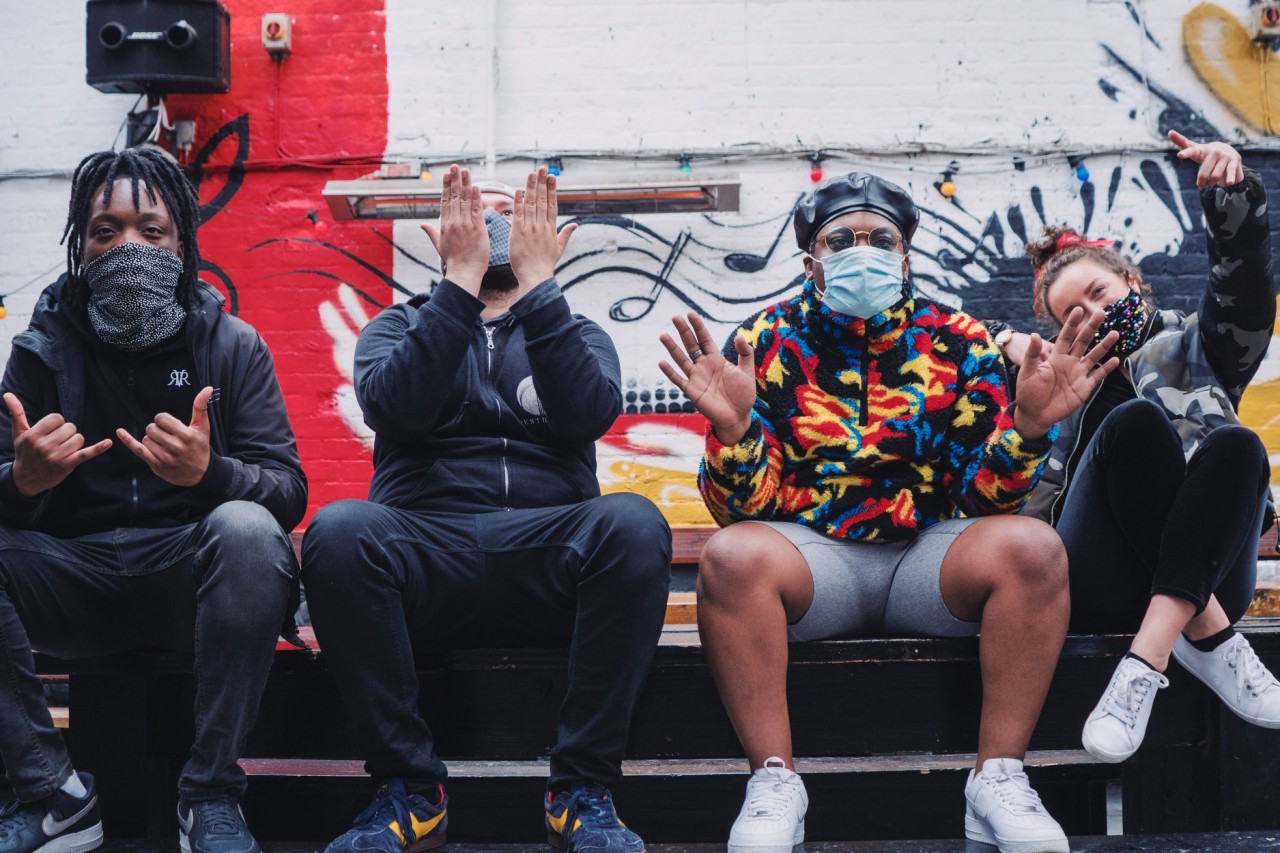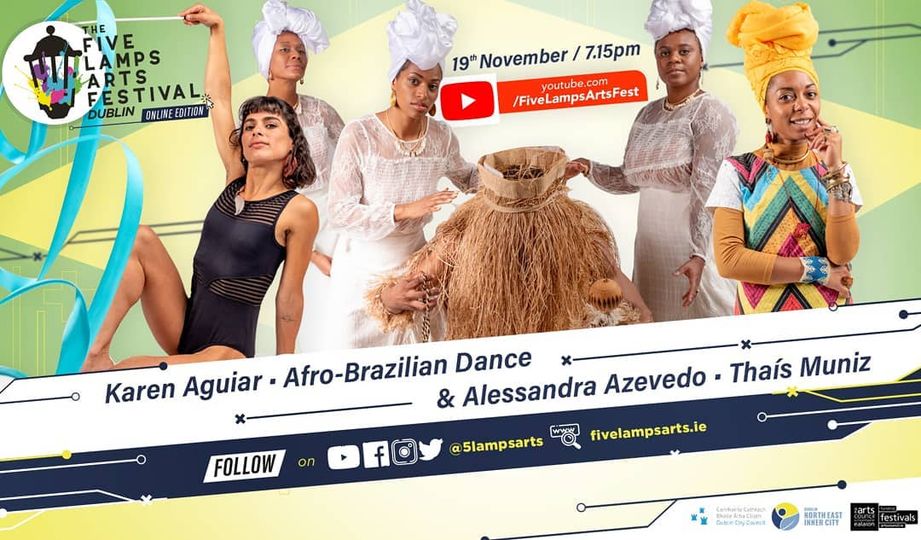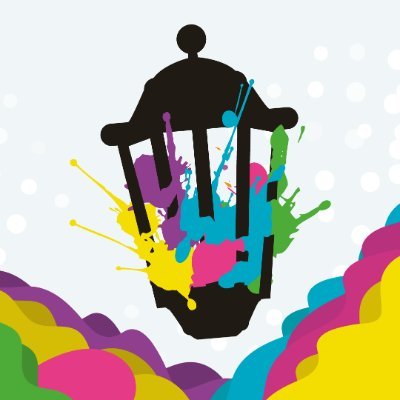Lisa Miller
Project 2: The Community Festival as Common Ground?
Lessons from The Five Lamps Arts Festival
Dublin’s North East Inner City is the most ethnically diverse location in Ireland. It experiences a plethora of social issues including discrimination, crime, and poverty. This thesis explores how community festivals and community arts are used as tools in placemaking to communicate and ameliorate the social conditions of inclusion and cohesion in disadvantaged communities, using the Five Lamps Arts Festival as a case example. Through ethnographic findings which are supported by data analysis, secondary research and comparative analysis with international studies, this study reveals the untapped potential of community festivals in bridging disparate groups and promoting a pro-social environment.
Through both internal and external workings, the Five Lamps Arts Festival fosters social connections, encourages shared participation and engagement, and scaffolds cross-cultural understanding. The various staging processes of the festival are investigated from the involvement of volunteers in the planning and the various advertising methods, down to the participation in the arts by community members.
Literature reveals that engaging community members in the organising and planning stages of festivals promotes acceptance of the event and provides opportunities for dialogue among diverse groups and individuals. The various benefits of volunteering in promoting social cohesion and inclusion are demonstrated in this thesis. Advertising methods including visual symbols and imagery are examined through a semiotic and data analysis lens, exploring how visual artefacts are utilized by the festival to articulate social values. The social benefits derived from including a diversity of performances and working with local artists are further explored. The Five Lamps Arts Festival extends to facilitate community arts projects that are run year-round. The value of these community arts projects in promoting acceptance and cultivating understanding among heterogeneous groups is evaluated, illustrated by relevant examples of projects that have been run by the festival in recent years.
The findings of this thesis reveal the instrumentality of community festivals in improving social cohesion and inclusion in disadvantaged areas by creating a common ground for all community members.
Keywords: Community Festivals, Community Arts, Social Cohesion, Inclusion, Social Capital



 Home
Information
Archive
Home
Information
Archive